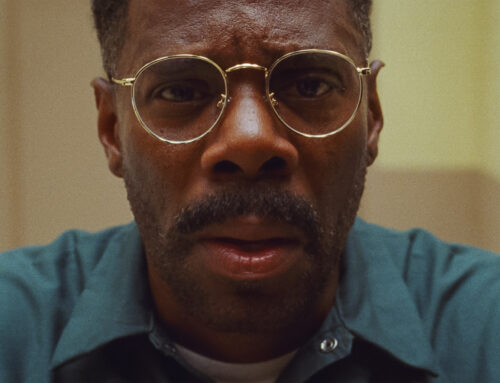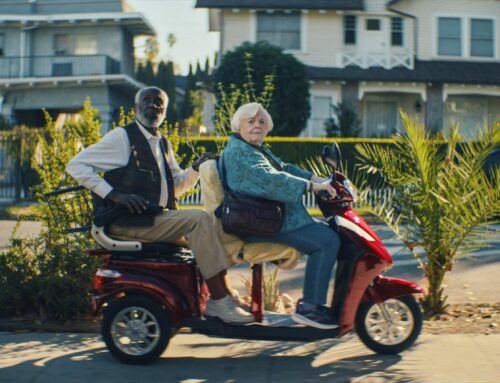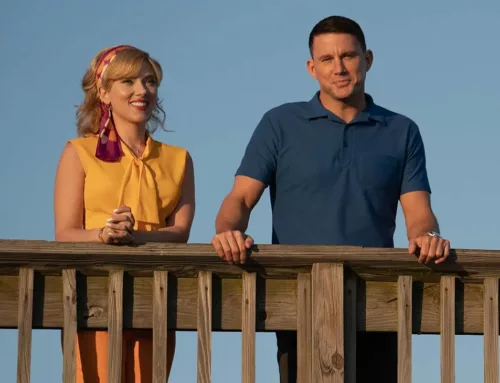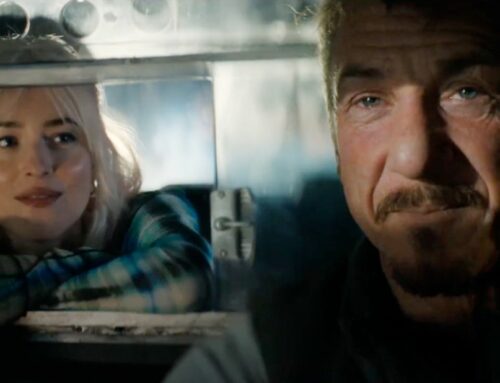Slim pickins at the movies thus far this season, but here’s my take on two films just released beginning with one based on a young adult novel by Julia Walton: WORDS ON BATHROOM WALLS.
I thought this was going to be just another doomed teen romance, of little interest to me given how far from teen romance I have drifted, and the more immediate doom posed by pandemic, economic pandemonium, the plague of racial injustice, and the portent of hurricanes, wild fires and climate change. But this film takes a deep dive into another kind of problem, mental illness, which haunts many among us and remains gravely stigmatized. The film overall is serious, sensitive and hopeful with two very engaging lead performances.
“Words On Bathroom Walls” zeros in on what’s troubling Adam (Charlie Plummer)a high school senior and aspiring chef who has been diagnosed with paranoid schizophrenia. After a scary incident in chem lab, Adam is forced to leave school in the middle of senior year and ends up in a strict Catholic coed HS with a sour-faced principal (Beth Grant). There’s also a new man (Walton Goggins) in his mom’s (Molly Parker) life who also seems like a humorless stiff. So far, the deck seems dramatically and unfairly stacked against Adam.
But he’s saved at his new school when he meets cute in the boys bathroom with the class’s sure to be valedictorian, Maya (Taylor Russell) who is as beautiful and sharp as Adam is adorably shaggy-haired and laid back. The two have instant chemistry and give believable, appealing performances. Adam’s illness conjures a trio of imaginary characters (AnnaSophia Robb, Devon Bostick, Lobo Sebastian) who follow him around, very like the figments who trailed Russell Crowe in “A Beautiful Mind.” There’s also a surprising and welcome turn by Andy Garcia as a remarkably sensitive and enlightened priest who takes the sting out of “confession” and wisely counsels Adam instead of loading on the guilt and penance. (Where was he when I was going to confession?)
Despite the lazy arc of some of the secondary characters and the film’s contrived and climactic graduation scene, the film is to be praised for the chemistry of its stars, and its success in humanizing a cruel disease with painful individual and social consequences for teens who suffer its stigma. The film puts us in Adam’s shoes, and thanks to Plummer’s notably nuanced and affecting performance, we feel what he feels when he’s out of touch with reality, and we empathize. Adam is a talented sweet young man, whose exterior symptoms are easily mistaken for who he really is. The film makes that distinction crystal clear– the difference between the disease and the one who suffers its effects. Though I have no intention of going to a theater yet, that is the only place to see it now, if you are so inclined, as of AUGUST 21, 2020.
Then there’s TESLA– not the car, the scientist for whom it is named. This disjointed, ill-conceived, and almost incomprehensible film stars Ethan Hawke as Serbian-American inventor Nikola Tesla. Tesla worked in Thomas Edison’s lab and had an alternative suggestion about how to conduct electricity: “alternating current” which Edison pooh-poohed in favor of going “direct.” Kyle MacLachlan brings his frozen stare and ironic inflection to his turn as a condescending Edison. Ultimately, alternating current proved the better way, with Edison eventually seeing the light and making all the profits. Tesla an eccentric visionary had a million more ideas, involving x-rays, radio waves, electromagnetic fields, and giant oscillators, but fluctuating luck and wobbly business acumen led to his dying unsung and in debt.
Admittedly, making a film about the ins and outs of electric current doesn’t immediately leap to mind as thrilling drama, and this biopic wisely attempts to capture much more: the breadth and depth and soul of Tesla’s incandescent genius. But, if you’ll forgive me, the result is less than electrifying. Hawke plays him like a robot from another planet who manages to be swindled by just about everyone who wants him to sign something. The actor’s stilted performance doesn’t help us penetrate Tesla’s persona or offer a through line into the surreal chronology. The series of non sequiturs that erupt as dialogue is further hampered by Hawke’s mumbling his lines monotone.
Writer/director Michael Almereyda does his best to render the zeitgeist of the era, and throws in a slew of notable personages of the day, from Sarah Bernhardt (Rebecca Dayan) to Jim Gaffigan as George Westinghouse, J.P Morgan (Donnie Keshawarz), and his daughter Anne played by the lovely Eve Hewson in period clothing (“The Knick” and Bono’s daughter) who presides as a love interest and an out-of-time narrator as she googles info about Tesla, providing context to help us understand Tesla’s place in history as well as his thoughts and dreams.
Certain details flicker but don’t accumulate energy: static electricity from Tesla’s childhood cat, a fiddler on roller skates, and other funny period details like the popularity of Coca Cola and ice cream cones, not to mention the first electrocution of a serial murderer– that goes horribly awry. In fact, the film is packed with allusions to death, from an early memory of Edison’s of a 5 year-old who drowned, to Bernhardt sleeping in a coffin, perhaps suggesting Tesla’s eventual misfortune and/or the double-edged sword of scientific advancement–which leads us to that crazy climactic sequence involving Hawke intoning “Tears for Fears” ominous 80’s anthem “Everybody Wants To Rule The world.” Yikes.
There is still a great movie to be made about Nikola Tesla, a fascinating person whose unusual personality, unique brilliance, and tumultuous life during a momentous era has yet to be captured onscreen. Daniel Day Lewis might have played him 30 years ago.
TESLA available in select theaters, digital & cable VOD as of August 21.






Leave A Comment
You must be logged in to post a comment.